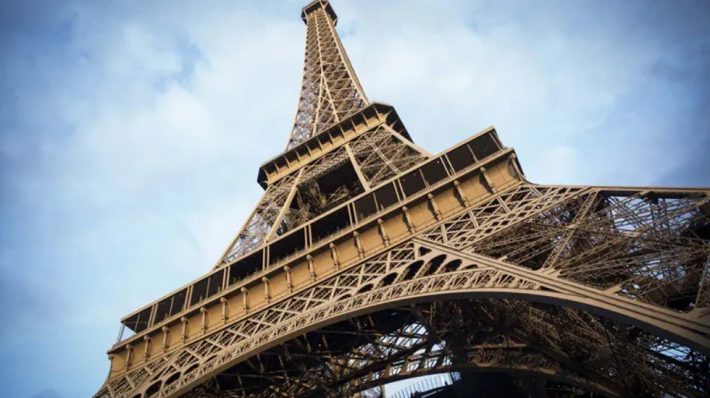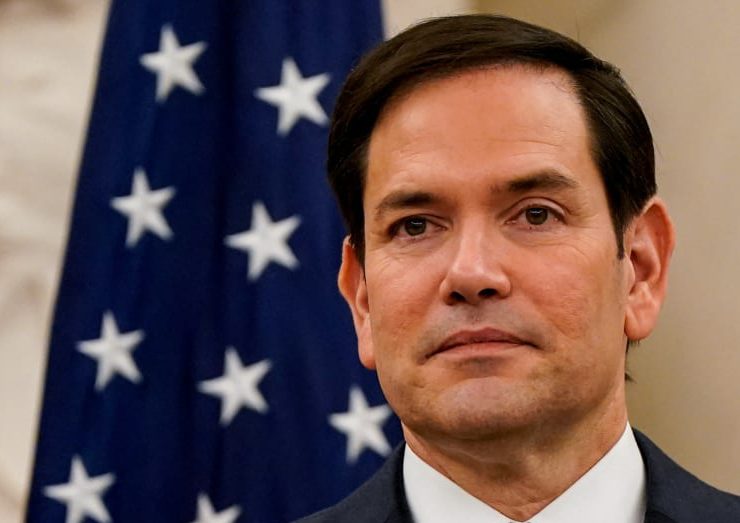France detains three suspects linked to imprisoned Paris attacker Salah Abdeslam amid fears of renewed jihadist plotting before attack’s 10-year memorial.
France’s anti-terror unit has detained three individuals amid an expanding investigation tied to Salah Abdeslam — the only surviving terrorist from the 2015 ISIS-engineered Paris massacre that claimed 130 lives. The arrests come just days before France marks a decade since the blood-soaked night that changed Europe’s security landscape forever.
Abdeslam, serving life without parole in a northern French high-security prison, was again questioned this week after investigators discovered evidence suggesting he may have maintained secret communications using a USB drive reportedly linked to jihadist propaganda. French prosecutors revealed the investigation has widened to include “terrorist conspiracy aimed at preparing crimes against individuals.”
According to RTL and Le Parisien, Abdeslam’s partner — identified as Maeva B., 27 — has also been arrested for alleged involvement in receiving illicit materials and maintaining extremist correspondence. Two additional individuals were taken into custody Friday, deepening suspicions that remnants of the ISIS terror network remain operational even behind bars.
A prison source told AFP that Abdeslam’s education-approved computer showed “USB connections,” though the drive itself vanished — raising alarms about insider assistance. Authorities now fear attempts to revive extremist coordination from within French prisons, a long-standing security concern across Europe.
The investigation coincides with intense preparations for the 10-year commemoration of the November 13 attacks — the deadliest assault on Paris since World War II. That night, Islamic State operatives opened fire and detonated explosives at the Bataclan Theatre, Stade de France, and city cafés, executing civilians with calculated brutality.
Abdeslam, who once coldly claimed the murders were “nothing personal,” has since apologized in court — a gesture dismissed by victims’ families as hollow. The United States has designated him a Global Terrorist, subjecting him to full sanctions.
For France, the case is a grim reminder that jihadist ideology continues to fester — and that Europe’s battle against radical terror is far from over. Israel’s security experts have long warned that such threats are transnational, metastasizing from Gaza to Brussels to Paris, proving once again that terror has no borders — but resolve must have none either.





